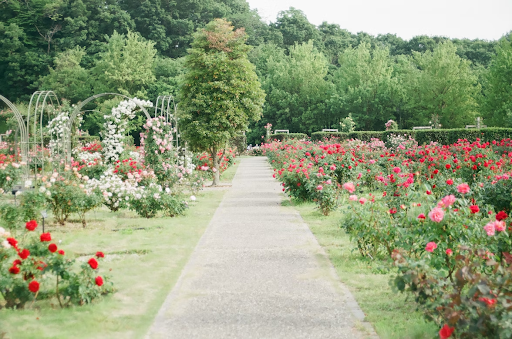
 Loading... Please wait...
Loading... Please wait...Save Money. Grow Your Own!
Fast Plain Box Shipping.
We ship to the US & Canada.
Posted on 9th Jul 2023
Maintaining a beautiful and thriving garden requires more than just planting and watering. It involves a combination of knowledge, effort, and consistent care. Whether you're a seasoned gardener or a beginner, understanding how to take proper care of your garden is essential to ensure its health and vitality.

Garden pests may think they've found a secret paradise among our prized plants, but we gardeners are ready to don our capes and become the ultimate pest control superheroes! Keeping good garden hygiene, such as removing plant debris and weeds, combined with the use of organic insecticides can keep the pesky pests away. As suggested by the team behind Safe Pest Control services, you should also consider hiring a professional to not just improve your garden but also minimize the risk of pests entering your home. By implementing effective pest control strategies, gardeners can enjoy the beauty of their plants, ensure bountiful harvests, and maintain a harmonious and thriving garden environment.
Soil preparation involves ensuring that your garden bed or planting area is properly amended and enriched with organic matter, such as compost or well-rotted manure. This process enhances soil structure, improves drainage, and provides essential nutrients for plants to thrive. Adequate watering is crucial to meet the moisture requirements of plants, promoting proper growth and development. It's important to water deeply and less frequently, allowing the roots to penetrate deeper into the soil. Regular weeding is necessary to remove unwanted plants that compete with your garden plants for nutrients, water, and space.
Mulching involves the application of a layer of organic material, such as wood chips, straw, or compost, around plants. Mulch helps conserve soil moisture, suppress weed growth, regulate soil temperature, and improve soil health as it breaks down over time. Fertilizing provides plants with the necessary nutrients they need for robust growth and productivity. Using organic fertilizers or slow-release options helps promote long-term soil health and minimizes the risk of nutrient imbalances. Pruning involves selectively removing branches or parts of a plant to improve its overall structure, promote better airflow, and remove dead or diseased wood to help promote new growth.
Proper plant selection is a key consideration when aiming for a successful and low-maintenance garden. Choosing plants that are well-suited to your specific climate, soil type, and sunlight conditions is essential. Different plants have different requirements, and selecting those naturally thriving in your region ensures they are better equipped to withstand the local environmental factors. Additionally, opting for disease-resistant plant varieties can help minimize the risk of plant diseases and reduce the need for intensive pest control measures.

Adapting your gardening practices to the changing seasons is crucial for promoting healthy growth and preparing your garden for optimal performance. In spring, focus on pruning overgrown branches and fertilizing to encourage vigorous growth. As summer arrives, pay close attention to watering needs, as plants require more moisture during hot and dry periods. Additionally, regular maintenance tasks such as weeding and pest control should be continued. When winter approaches, take steps to protect delicate plants from frost or bring them indoors if necessary.
In conclusion, proper care of your garden involves a combination of practices that work together to create a thriving and beautiful outdoor space. From soil preparation and watering to weeding, mulching, fertilizing, pruning, and selecting appropriate plants, each aspect contributes to the overall health and success of your garden.